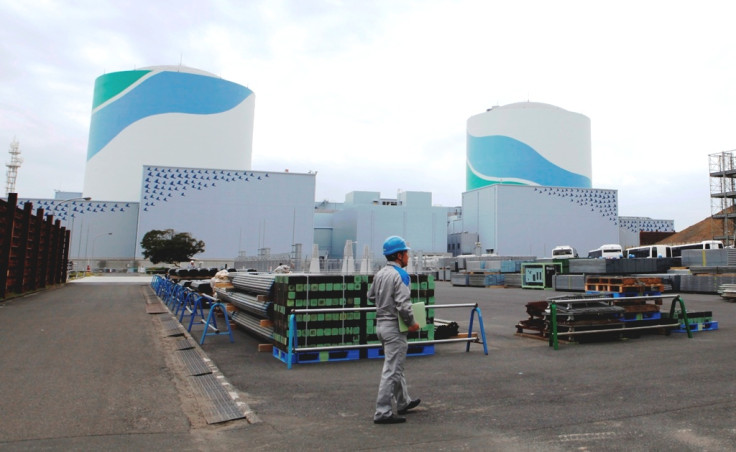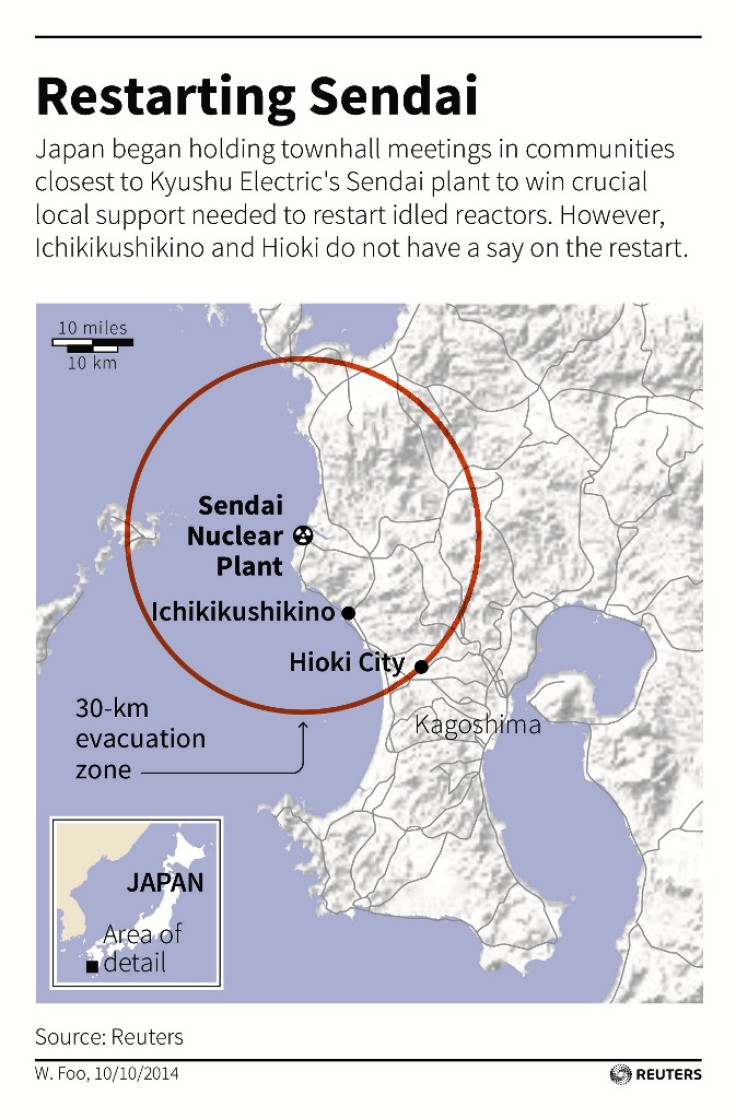After Fukushima: Japan clears the way for resumption of nuclear power generation

Japan has cleared the way for a resumption of nuclear power generation, four years after the Fukushima Daiichi atomic disaster fuelled public opposition to the industry and forced the shutdown of all the country's reactors.
Nuclear Regulation Authority (NRA) commissioners, in a televised meeting on 27 May, said that Kyushu Electric Power's two-reactor Sendai nuclear plant, in southwestern Japan, had cleared final safety assessments.
The restart has also received the approval of local authorities.

The Sendai facility still needs to go through operational checks before a restart but those are expected to be completed without major hitches, Reuters reported.
Kyushu Electric expects to restart the Sendai No. 1 reactor in late July, and the No. 2 reactor in late September.
Public ire
Last month, a local court rejected a legal bid to block the Sendai start-up by residents concerned about the plant's vulnerability to nearby volcanoes. Those residents have appealed the decision.
But the resumption of nuclear power is unlikely to be popular with the public after the Fukushima catastrophe highlighted cosy links between utilities and the previous regulator.
The fumbled response to the meltdowns at Fukushima added to the perception that nuclear power was too dangerous for the earthquake-prone nation. The radiation caused by the Fukushima disaster forced some 160,000 people from their homes, many of them never to return, in the worst nuclear disaster since Chernobyl in 1986.
Desperate utilities
Utilities lost tens of billions of dollars following the closure of Japan's reactors, as they had to import fossil fuels for power generation and paid for upgrades to meet revised safety rules.
Some utilities decided to scrap older plants, leaving Japan with 43 operable reactors against 54 before the Fukushima disaster. More may be scrapped, Reuters reported last year.
© Copyright IBTimes 2024. All rights reserved.






